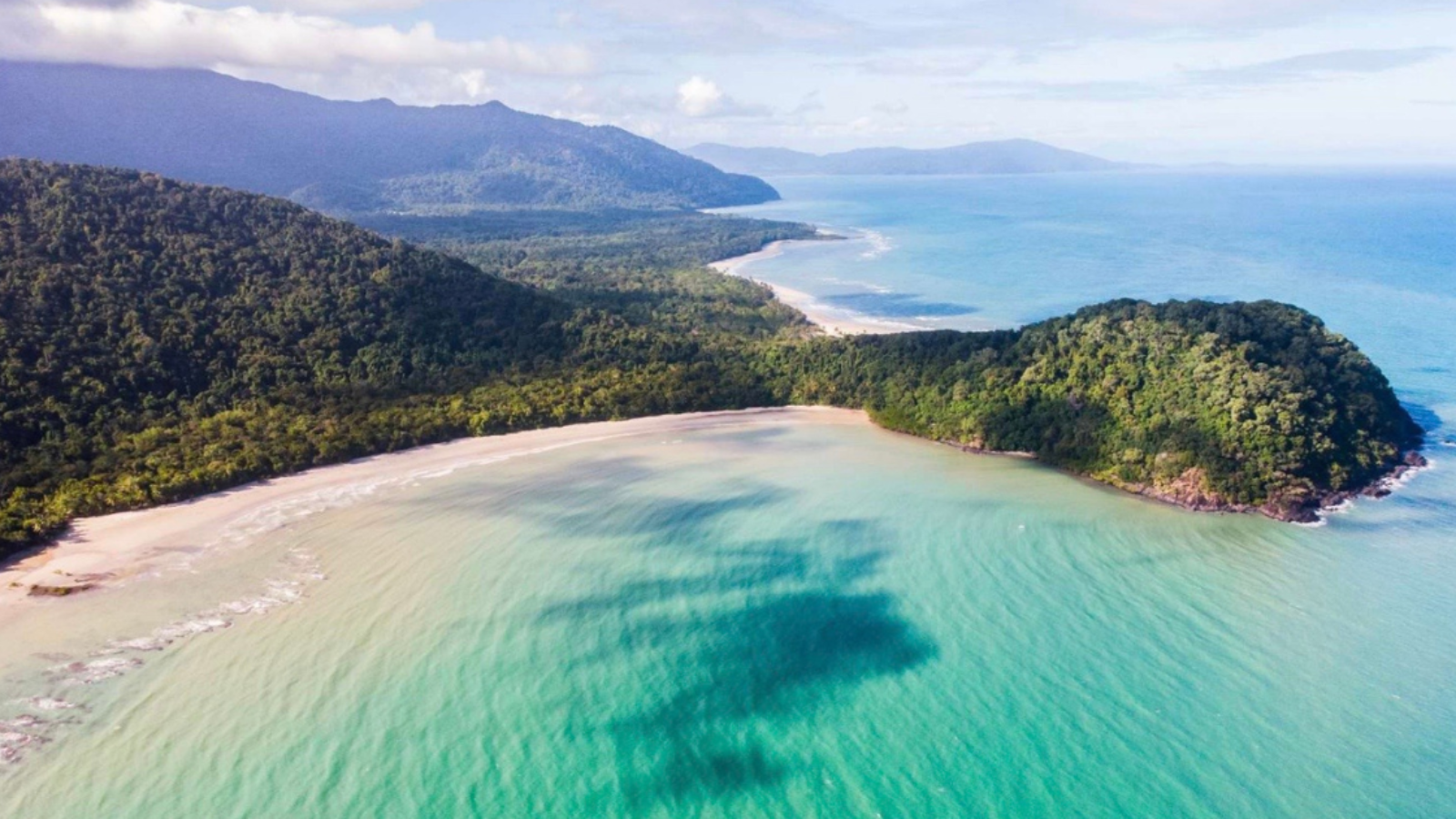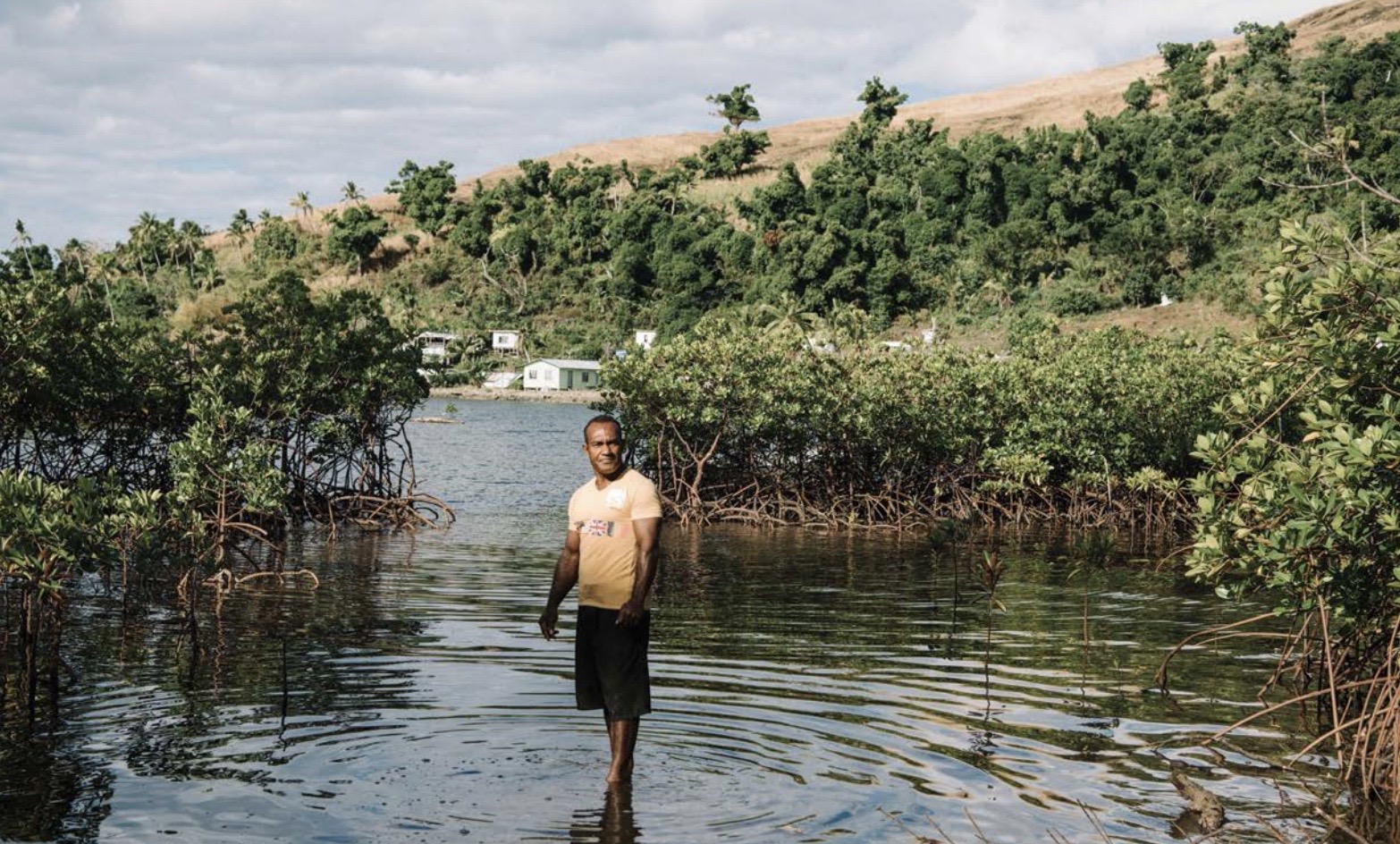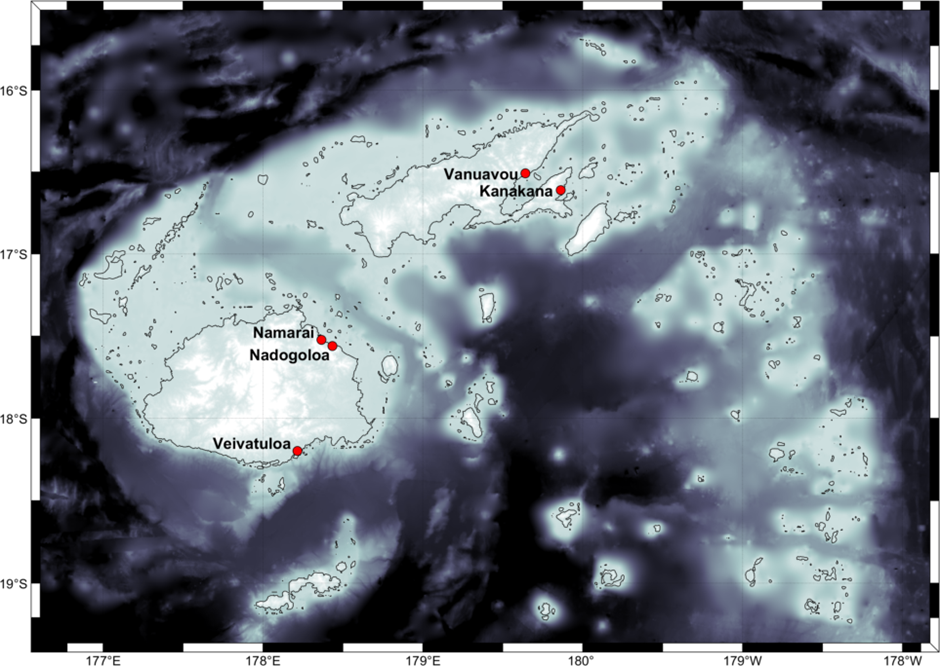Building Coastal Resilience in Fiji: Feasibility Study for Nature-Based Climate Adaptation
This feasibility study outlines climate-smart coastal protection for Fiji, blending nature-based solutions with community-driven design.

Enhancing Climate Resilience in Fiji’s Coastal Communities
Coastal communities across Fiji face mounting risks from rising seas, stronger storms, and ongoing shoreline erosion. In 2025, eCoast supported the Asian Development Bank and Fiji’s Ministry of Environment with a technical feasibility study to chart effective, locally grounded adaptation pathways. The study focused on strengthening community resilience while safeguarding vital coastal ecosystems.

Information
- Location: Coastal Provinces, Fiji
- Client: Asian Development Bank (ADB) / Ministry of Environment, Fiji
- Project Date: 2025
Scope of Work
- Technical and financial feasibility study
- Coastal erosion and climate hazard assessment
- Community and stakeholder engagement
- Nature-based and engineered adaptation planning

Project Description
This study assessed the technical, environmental and social feasibility of coastal resilience interventions in Fiji’s tropical provinces. It evaluated projected climate-driven threats (notably sea-level rise, storm surge and chronic erosion) and documented significant coastal ecosystem degradation (e.g. mangrove loss) that threatens community livelihoods. The project highlights integrated adaptation strategies combining natural and engineered measures: for example, mangrove rehabilitation and soft shoreline stabilisation (e.g. beach nourishment, vegetative buffers) alongside hybrid defenses (e.g. bio-enhanced seawalls) to provide flexible coastal protection. Crucially, the feasibility analysis was grounded in participatory mapping and inclusive stakeholder consultations, ensuring proposed designs align with local needs, livelihoods and cultural practices. The study outlines a multi-phase implementation roadmap that scales interventions with institutional capacity and leverages evolving climate finance resources.
Key Recommendations
- Nature-based, low-regret adaptation: Prioritise ecosystem-based solutions (e.g. mangrove restoration, living shorelines) that provide multiple benefits and avoid maladaptation.
- Institutional capacity building: Strengthen government and community institutions (training, resource allocation, streamlined procedures) to plan, implement and maintain resilience measures.
- Local knowledge and participation: Embed traditional ecological knowledge and community leadership in planning and design to ensure culturally appropriate, accepted solutions.
- Adaptive, phased implementation: Sequence interventions in stages (short-, medium-and long-term) so designs can be adjusted as technical capacity grows and climate conditions evolve.
- Integrated coastal planning: Employ coastal zone management frameworks and inter-agency coordination (environment, fisheries, land use, etc.) to harmonise policies and actions across sectors.



.jpeg)
.jpeg)